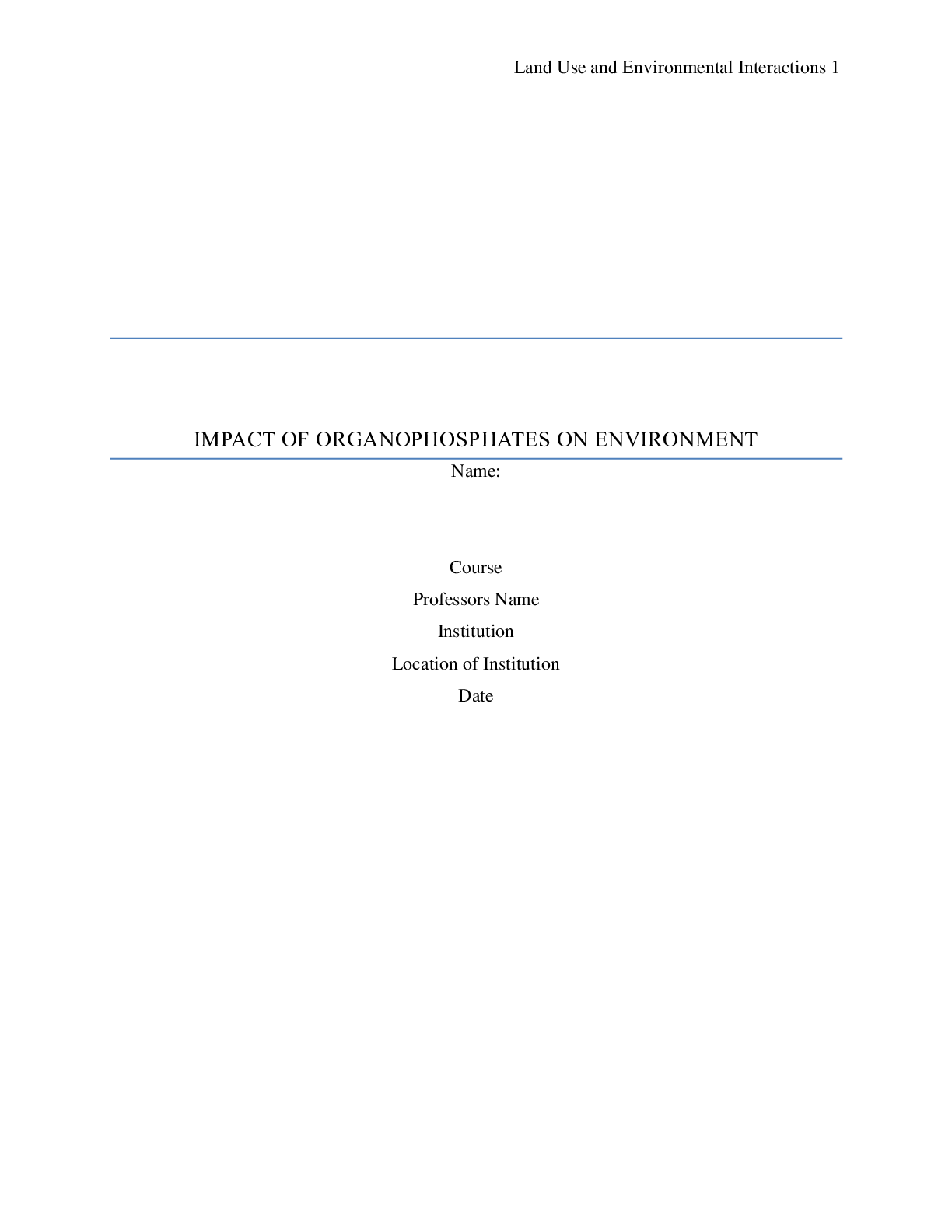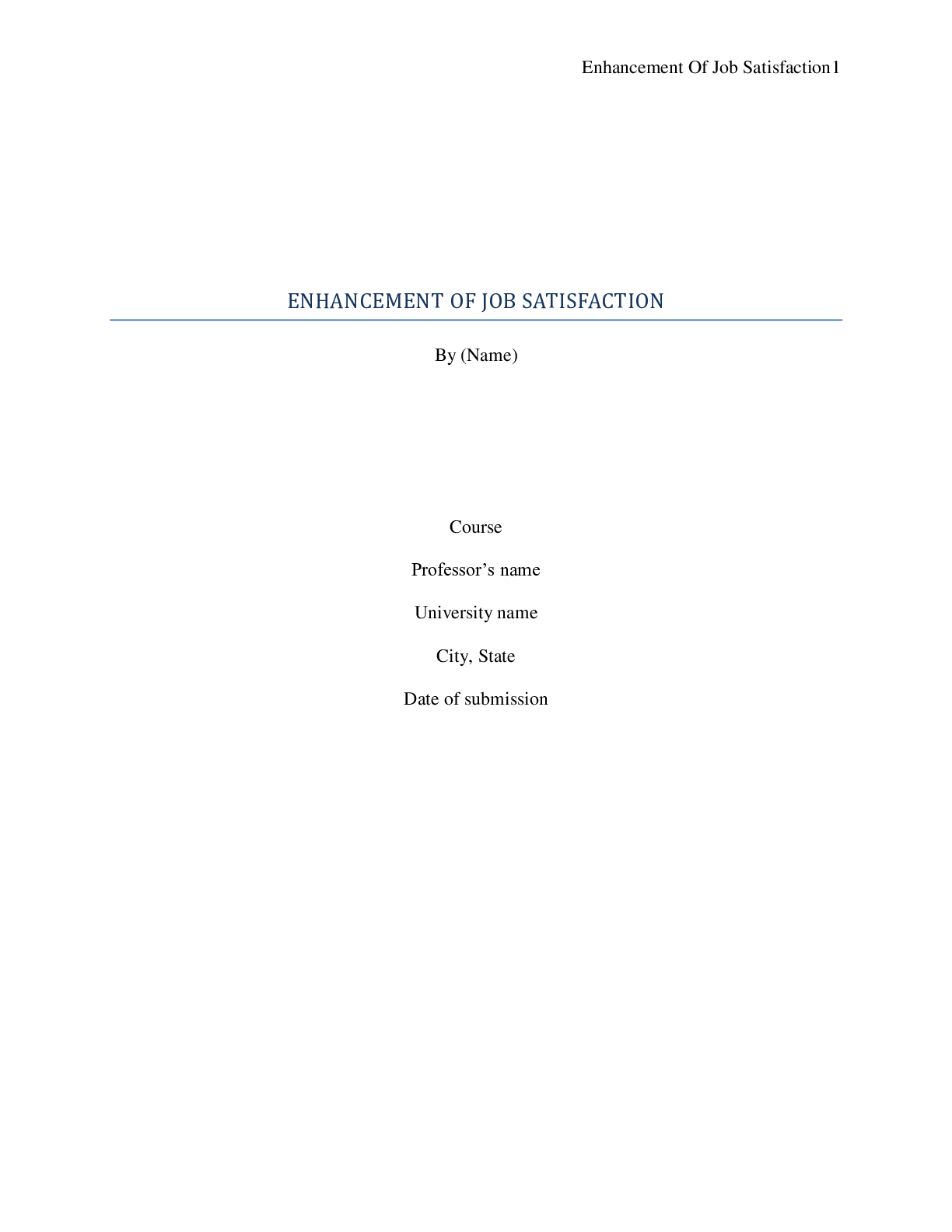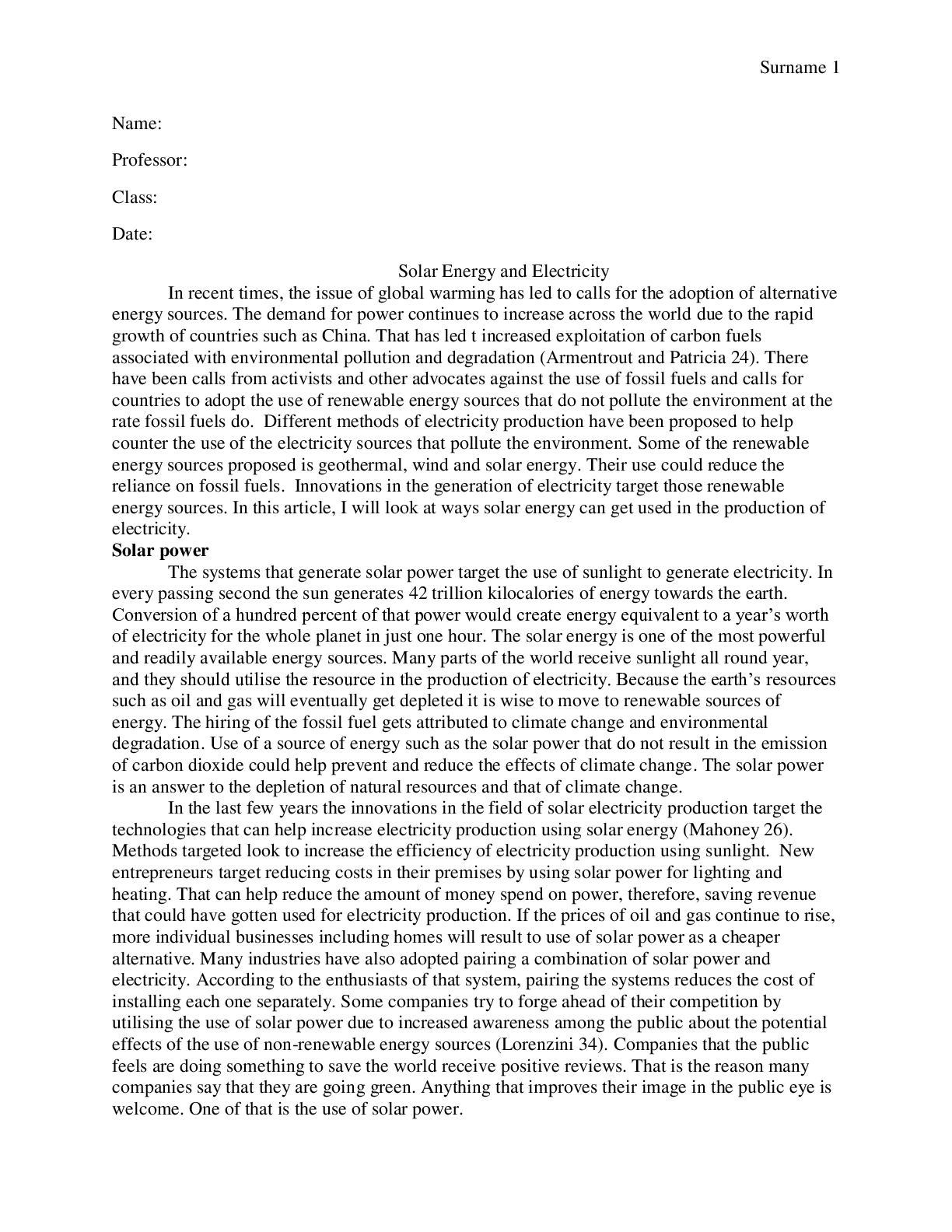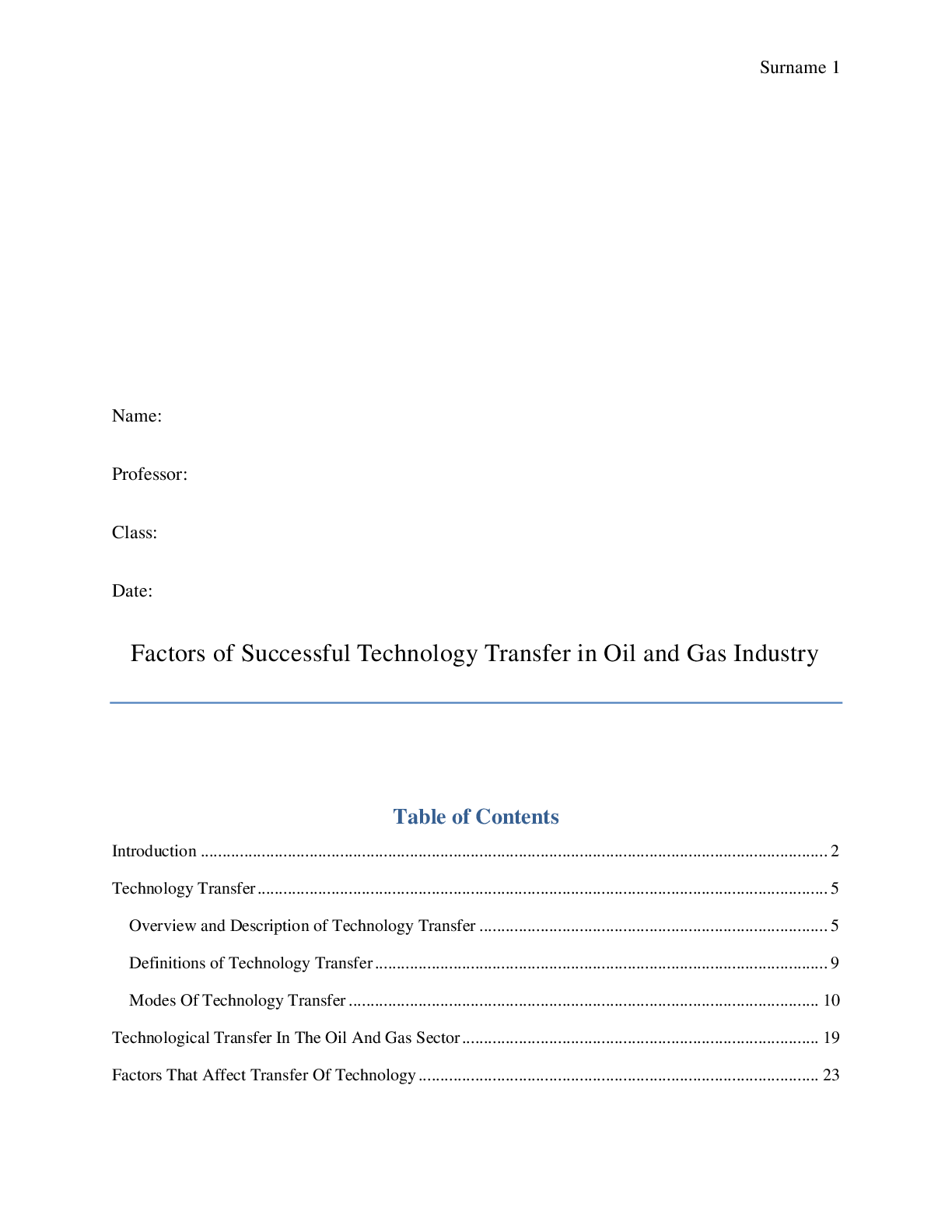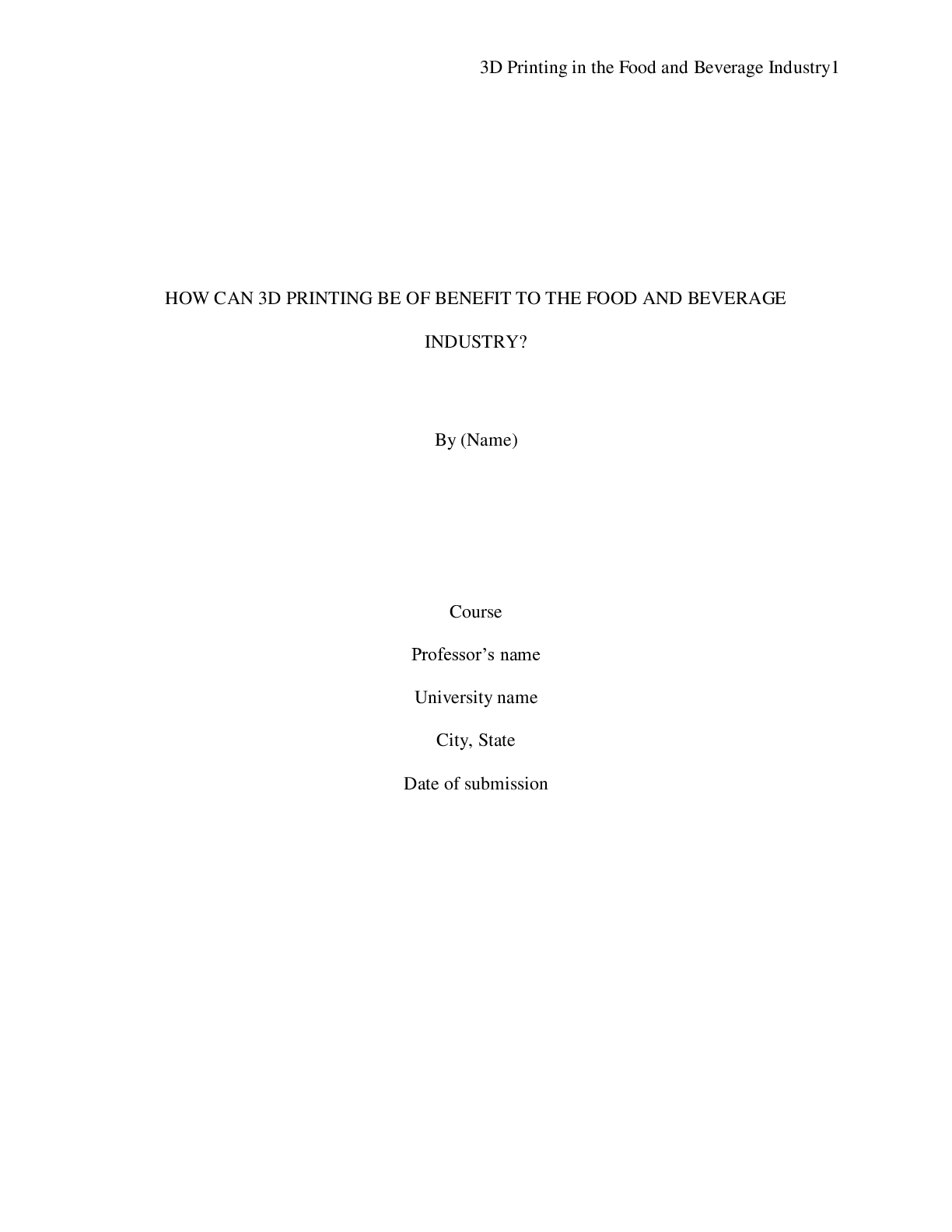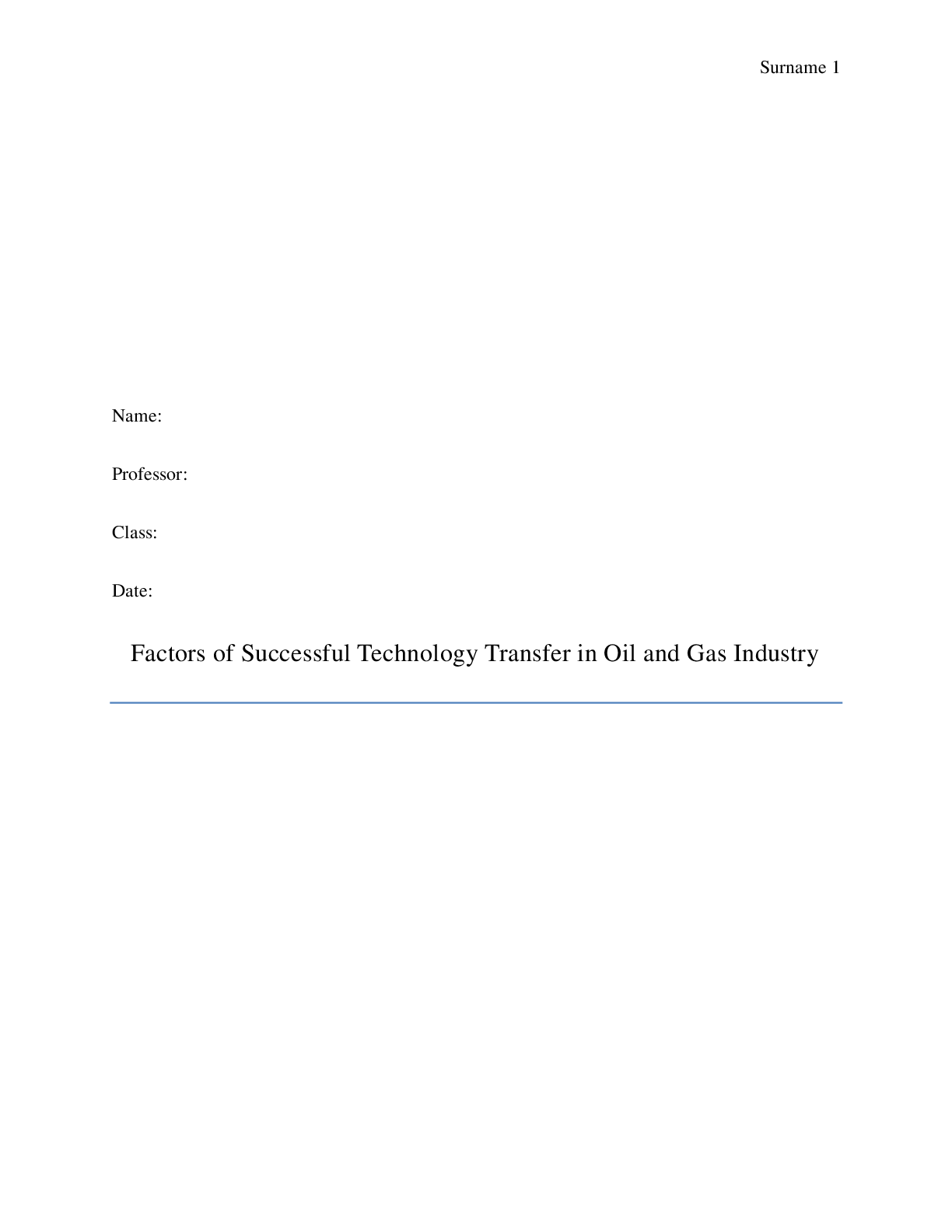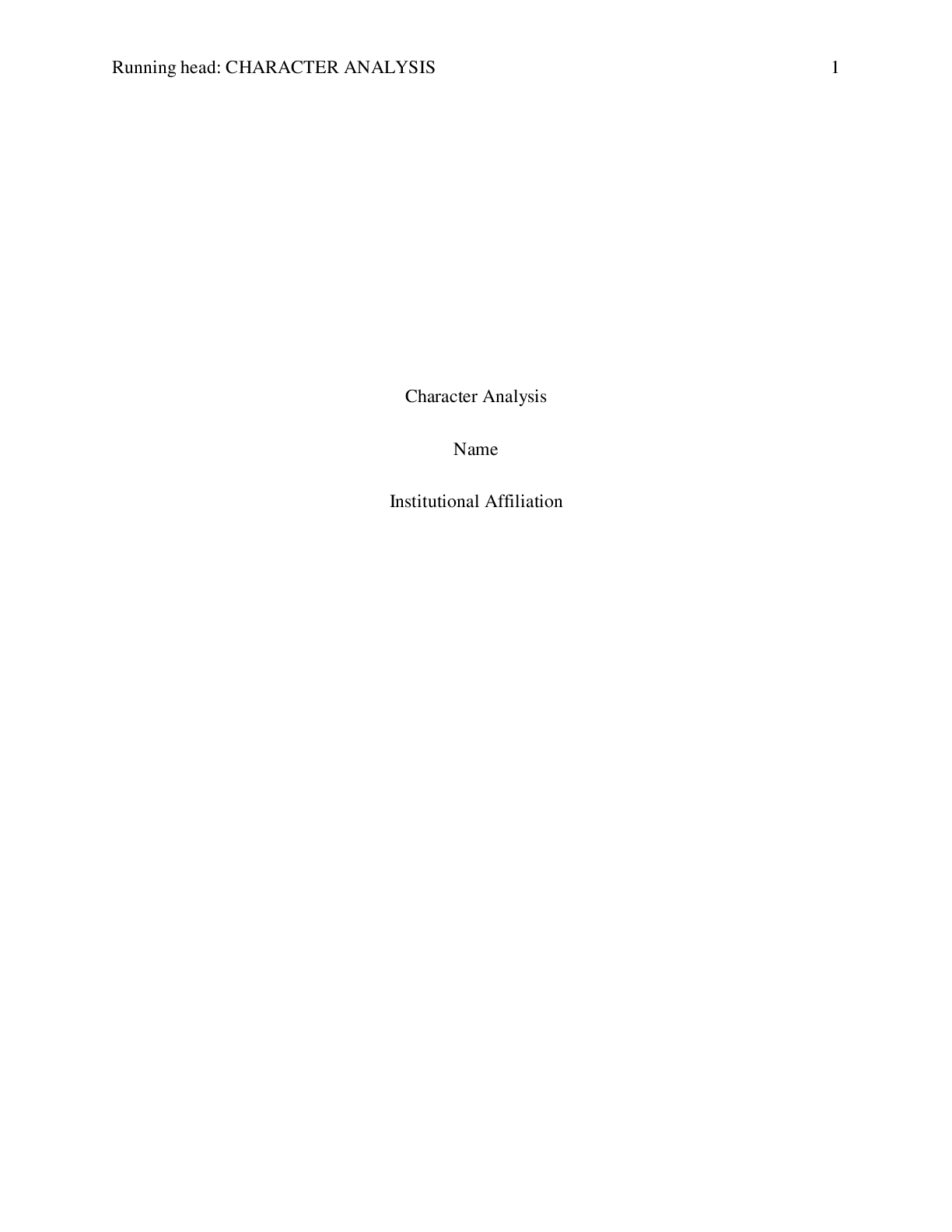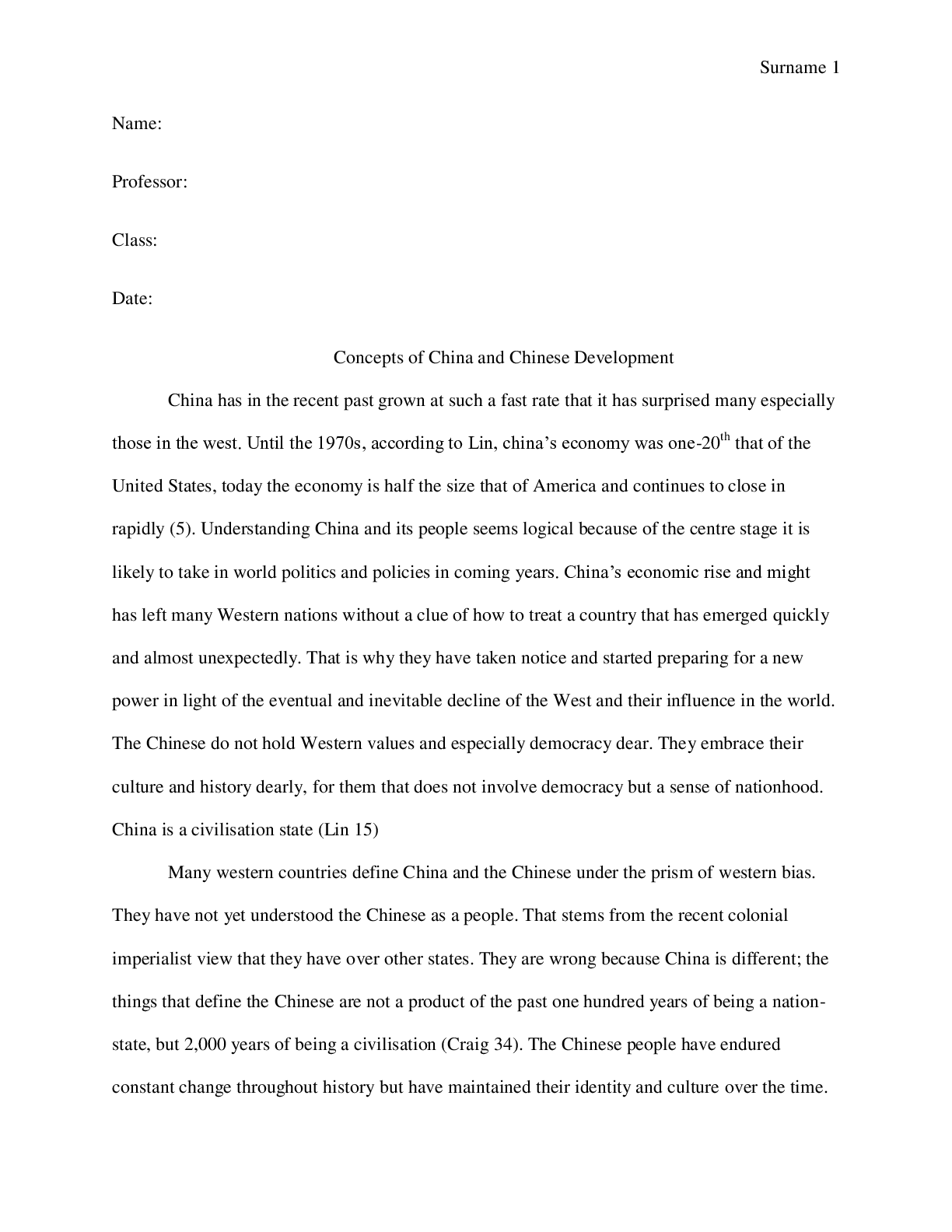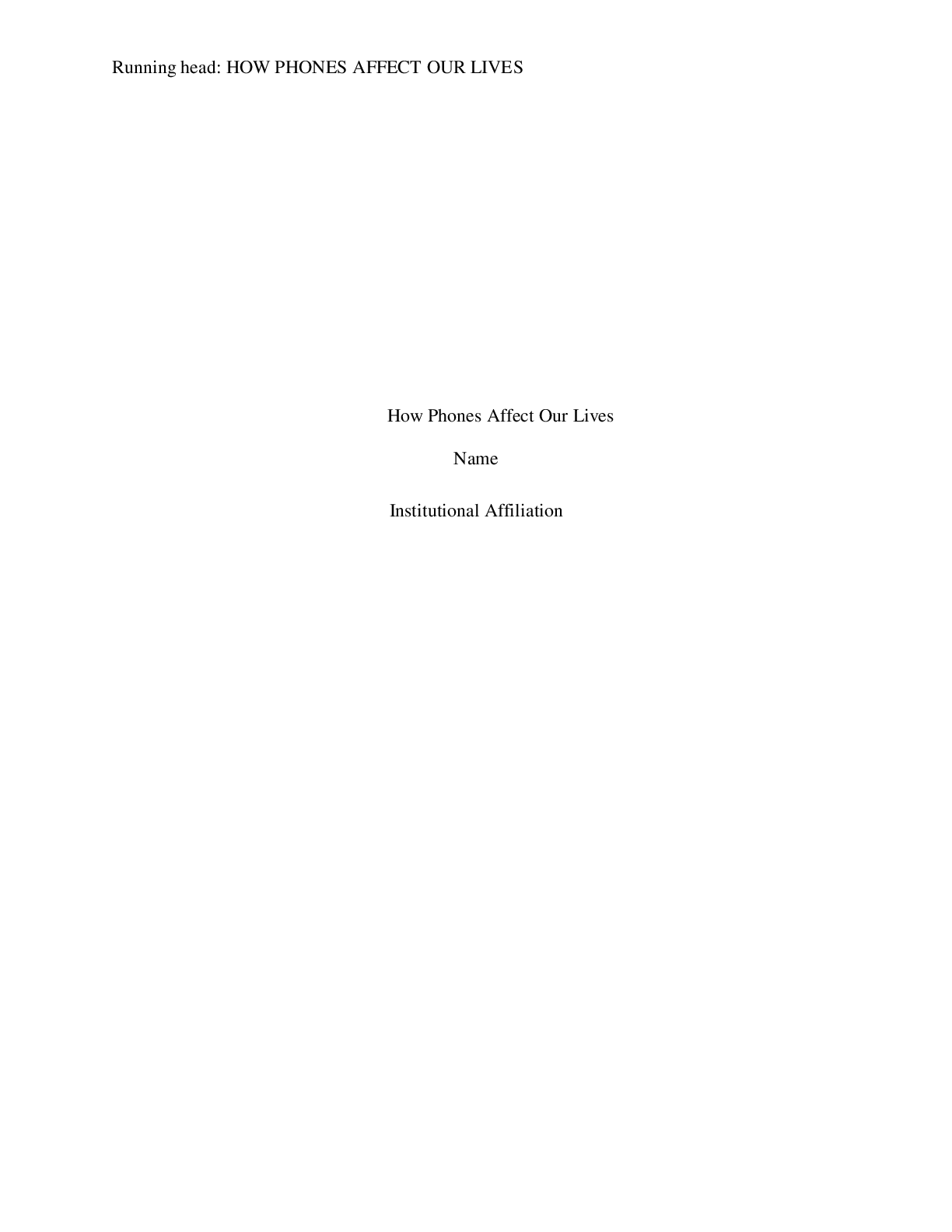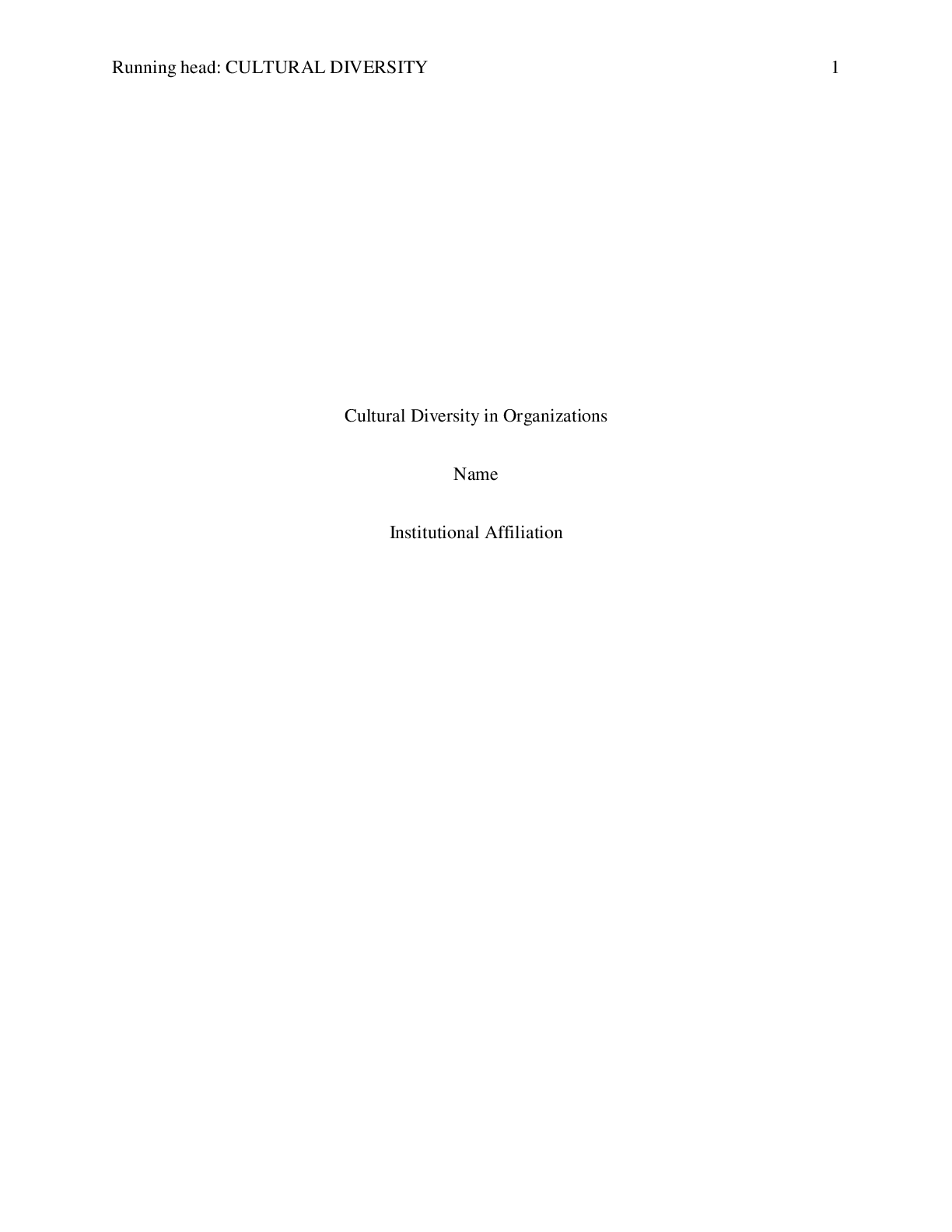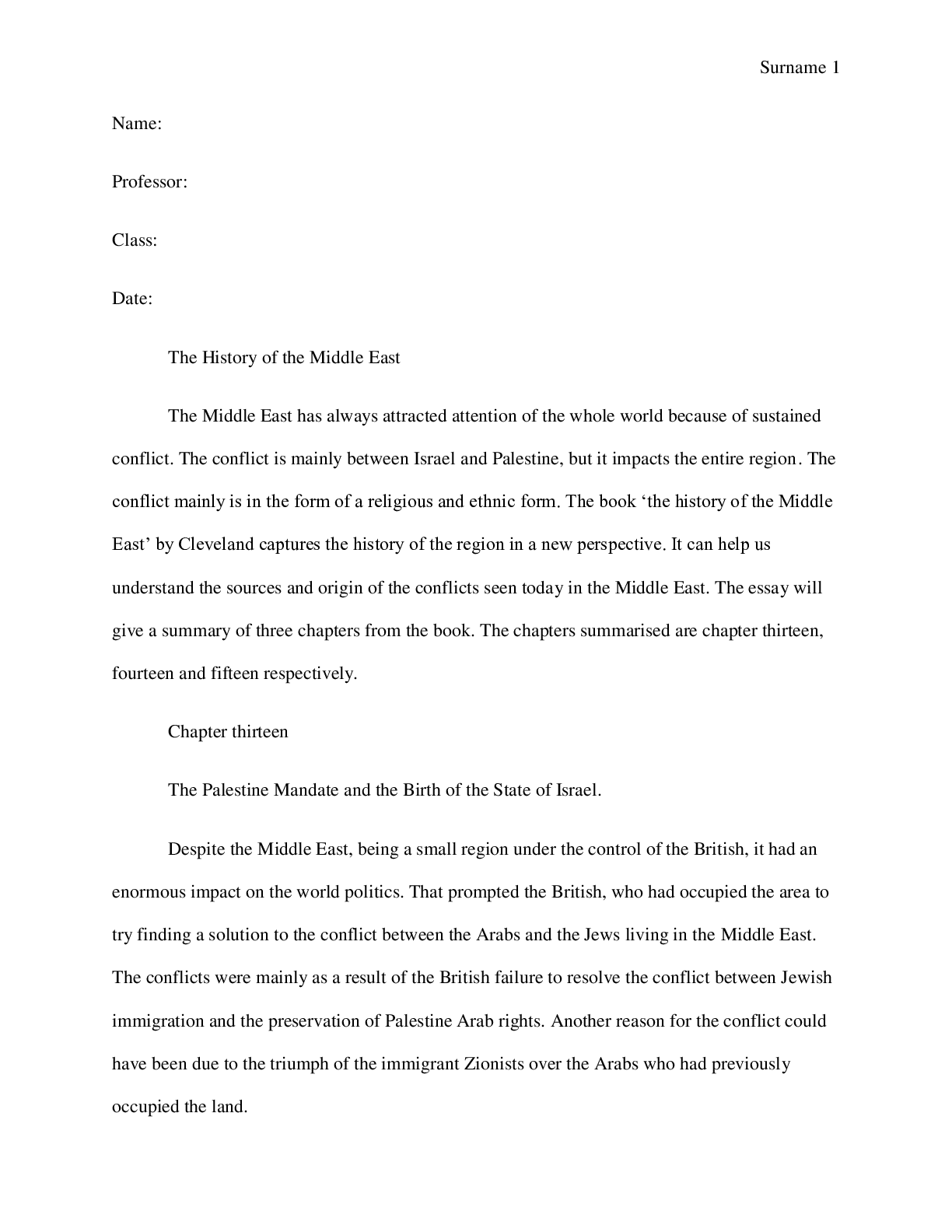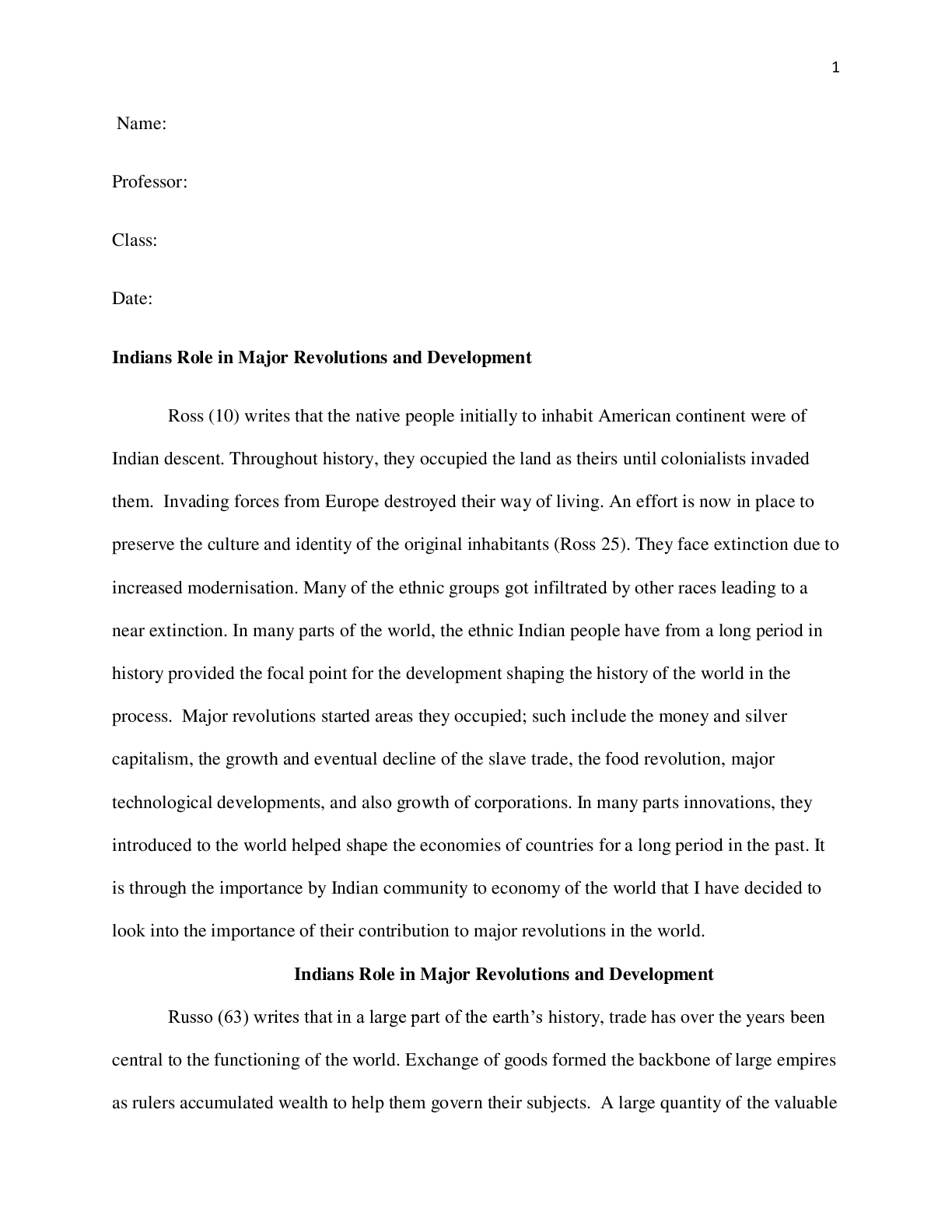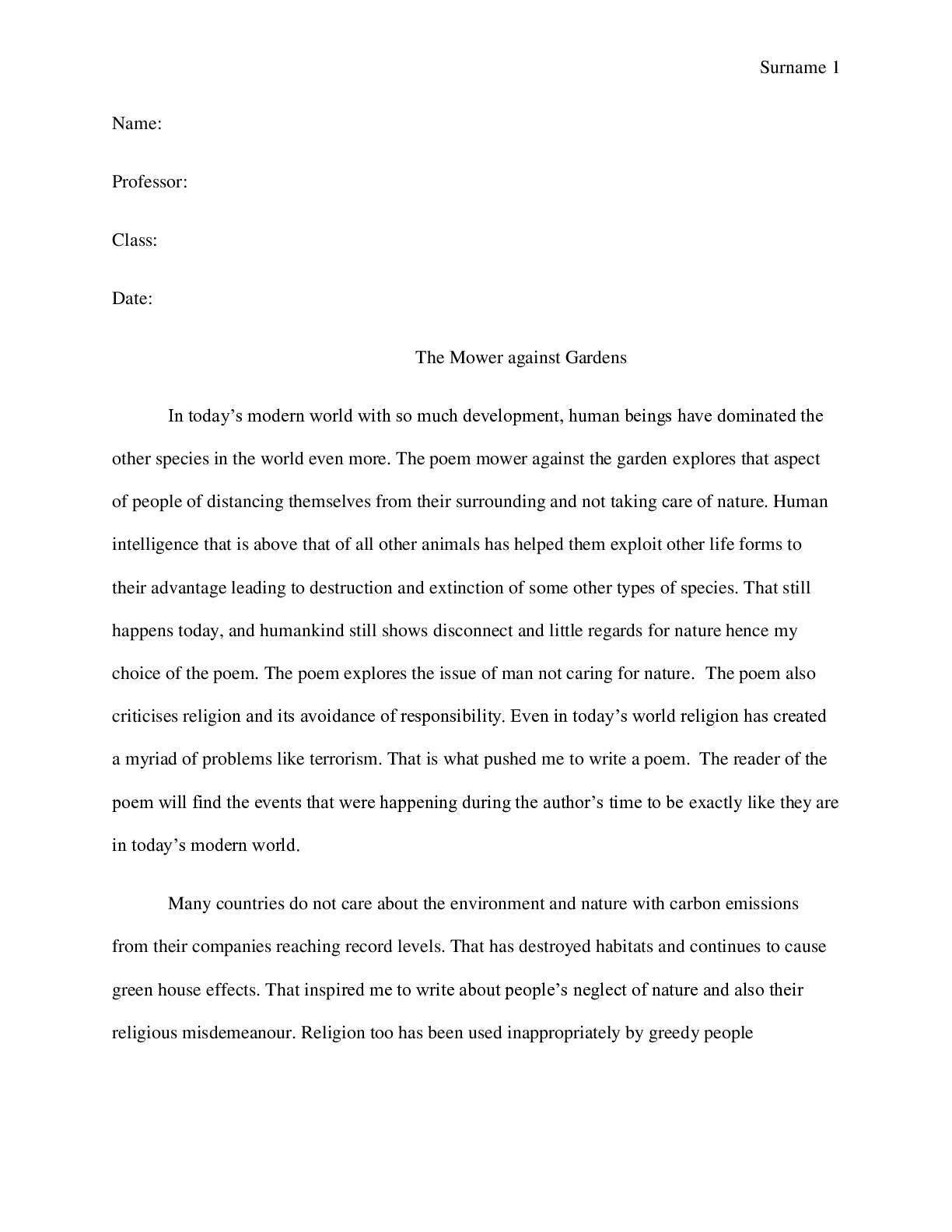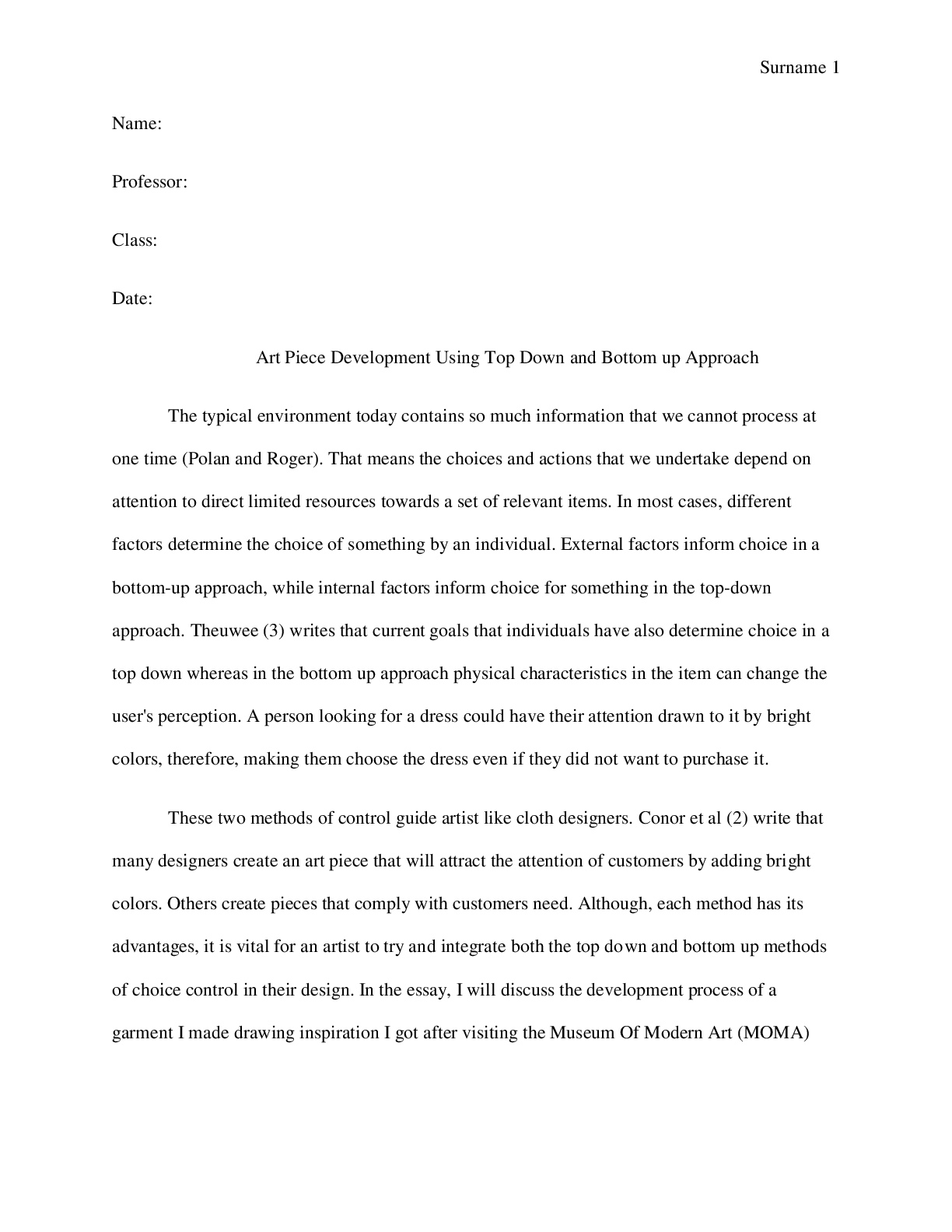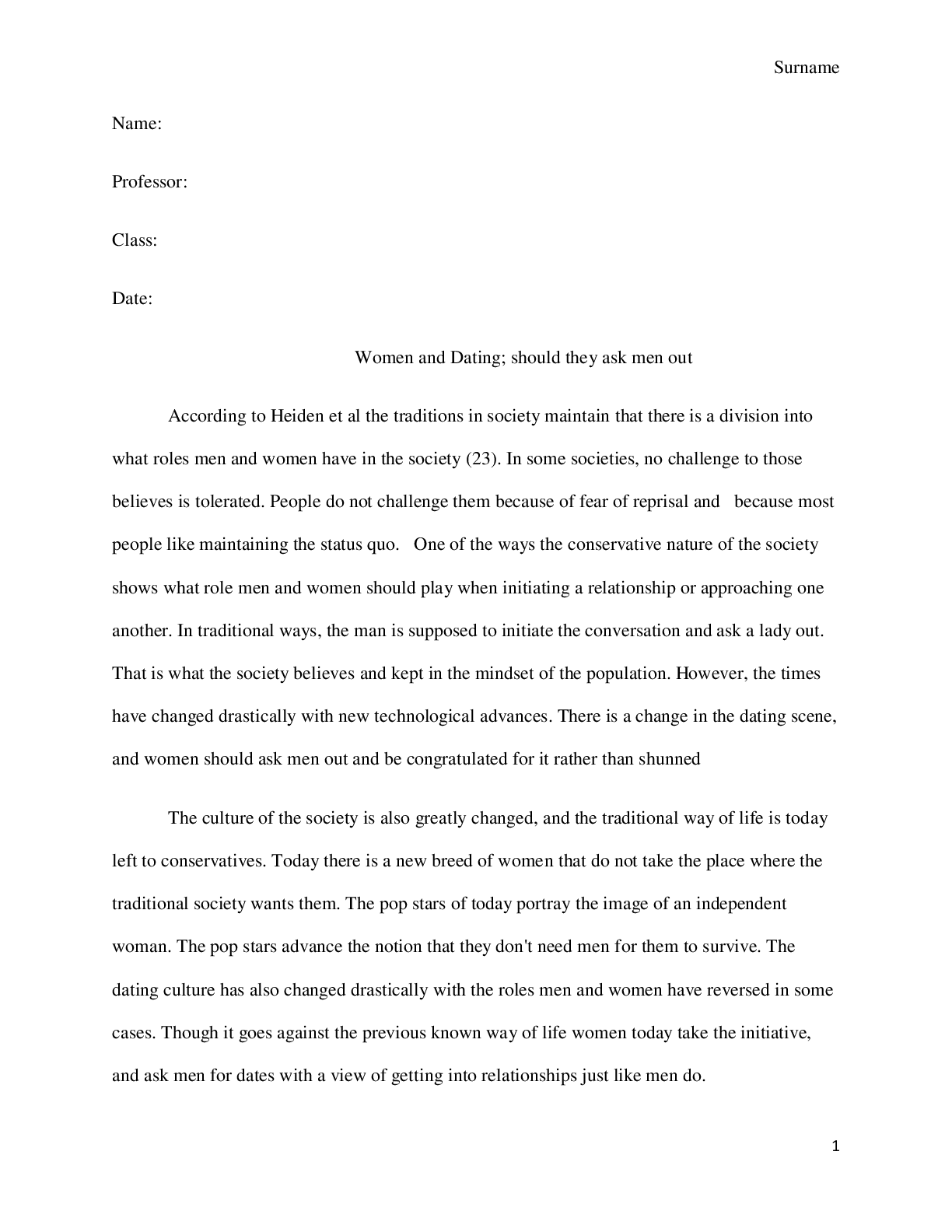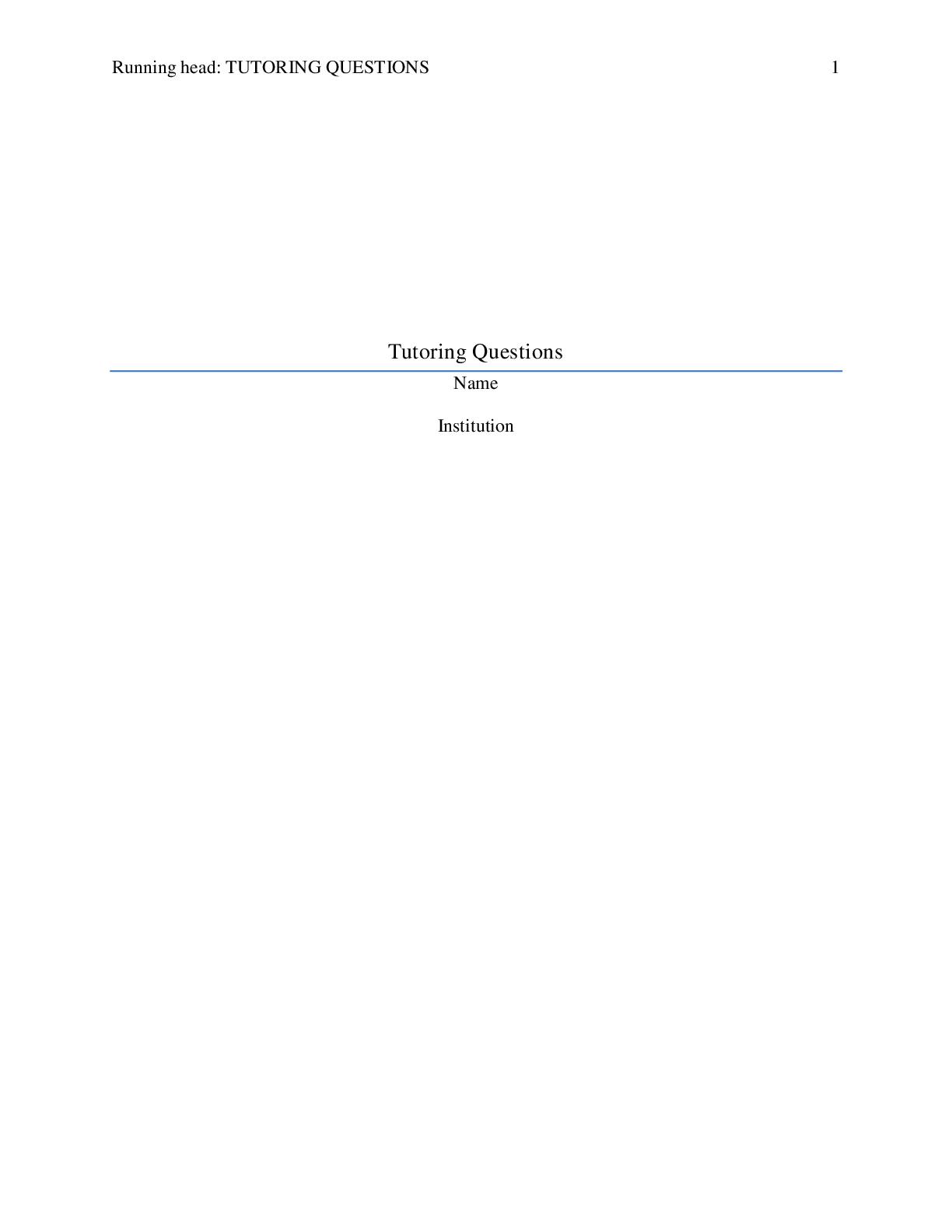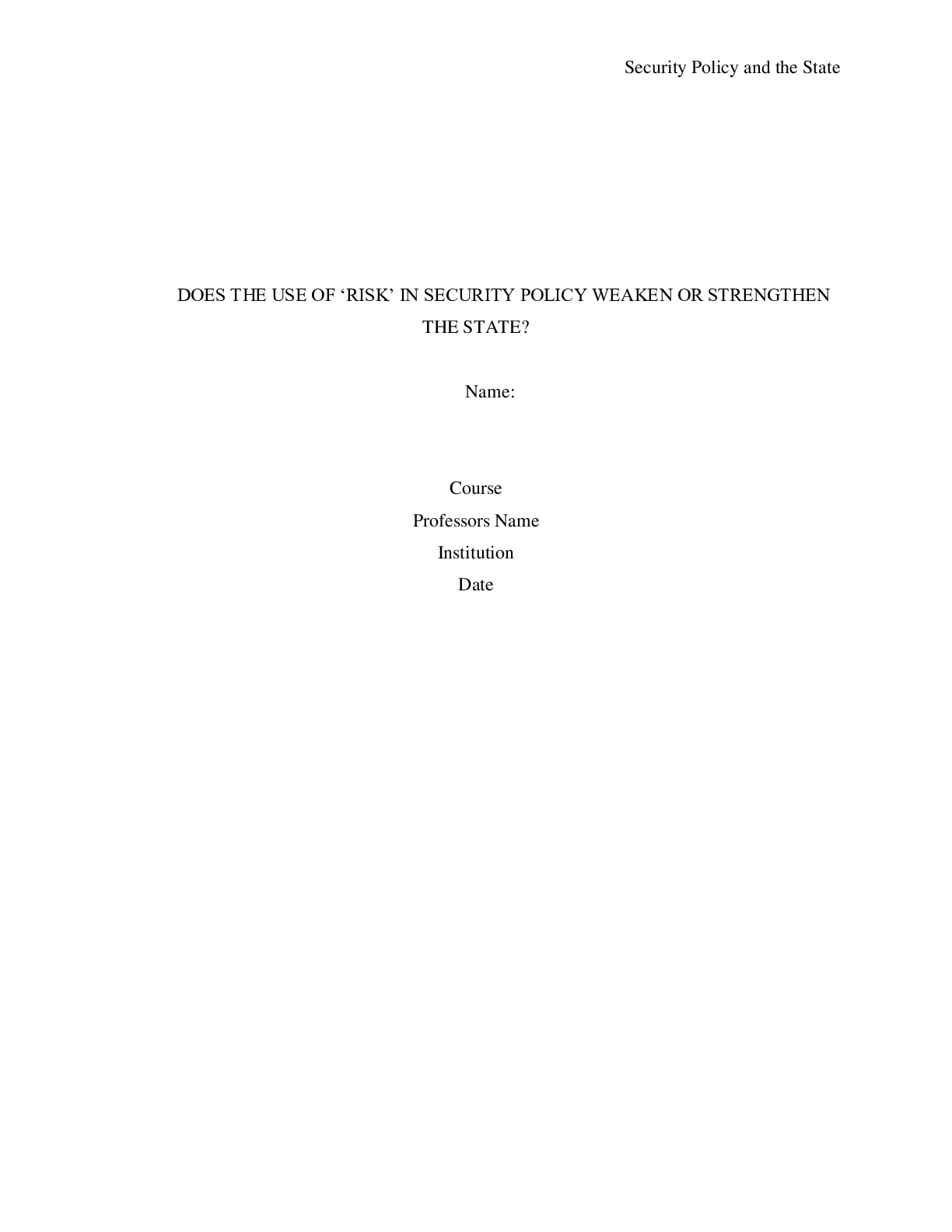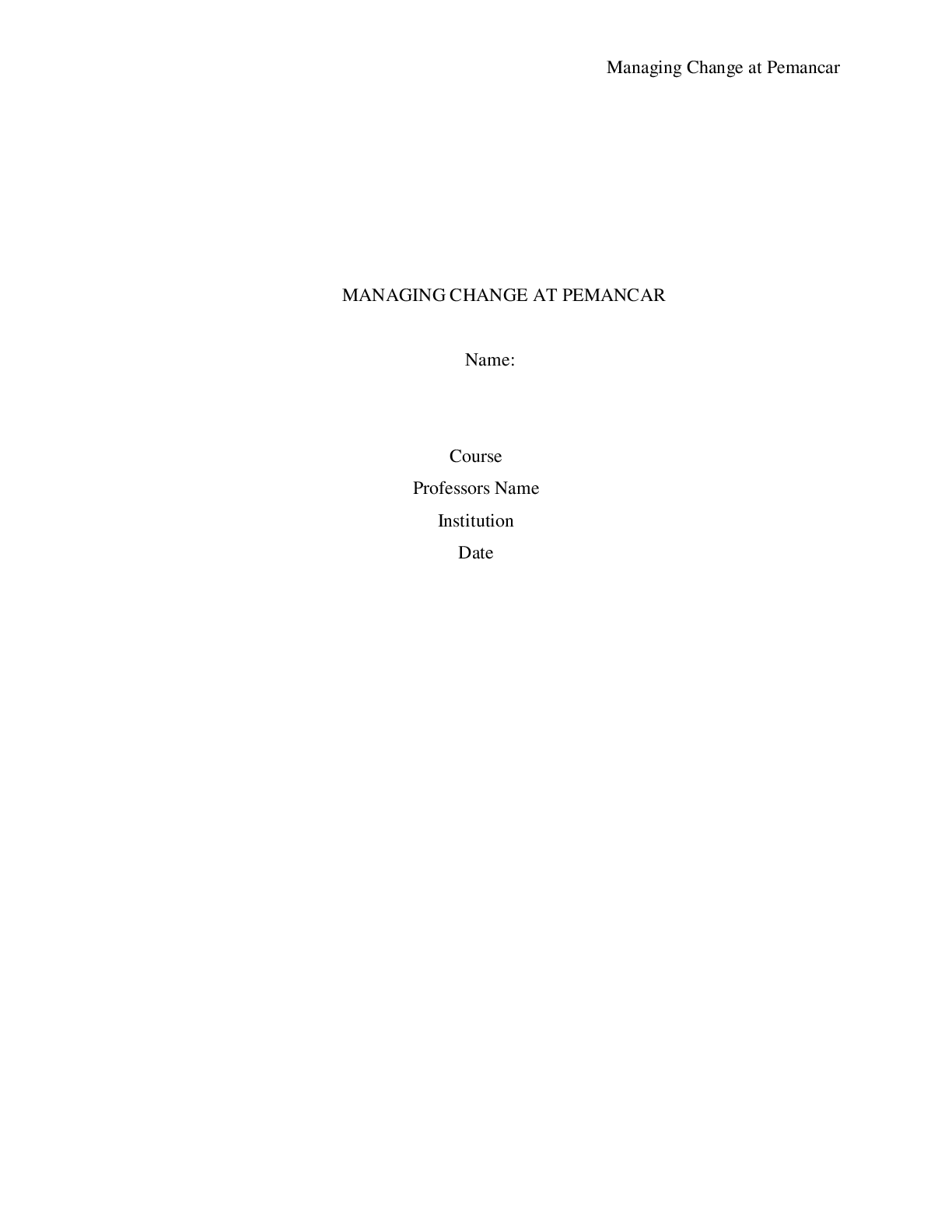Political Science > ESSAY > Indiana University-POLS 490: Human Rights and Transitional Justice: Chapter 7; Lustration and vettin (All)
Indiana University-POLS 490: Human Rights and Transitional Justice: Chapter 7; Lustration and vetting by Lavinia Stan (Complete Text Book Study Notes, 19 pages)
Document Content and Description Below
1l What are the main arguments in favour of denying old elites public office after the regime change? 2] What are the main arguments against lustration and vetting? 3) In your opinion, is vetting o... r lustration more prone to abuse? 4) Are secret files reliable sources of information about the communist past? 5) Secret archives are important sources of information for lustration commissions. Can you think of some arguments in favour of retaining the secrecy of the secret archives (instead of opening them to the citizens) in new democracies? Introduction Perhaps few other transitional justice methods have elicited so spirited a debate as lustration and vetting, which in the twentieth century evolved as more restramed versions of the purges that historically led to the marginalisation from public life of public servants and political luminaries who remained loyal to the deposed regimes. This chapter defines the two terms, provides a brief historical overview ofthe applicatlon ofthese reckoning practices during the twentieth century, explains why some countries have opted for lustration and vetting while others refrained from adopting these measures, and reviews five major points of contention and controversy based on the experience to date. The cases of Ukraine, the Czech Republic, Poland and El Salvador demonstrate the backward-looking and forward-looking goals oflustration and vetting, as well as the limitations of these processes in helping newly democratising countries come to terms with the legacy of the recent past. 7.2 Definition of lustration and vetting Brief historical overview It was only after the collapse of the communist regimes in 1989 that Central and Eastern European countries championed lustration. However, vetting has had a long history in both dictatorial and democratic countries. Purpose - why countries opt for Lustration and vetting Lustration and vetting presumably offer a series of benefits that make them appealing to new democracies. Before reviewing the most important such purposes, note the peculiar position of many post-conflict and post-authoritarian countries. Points of contention and controversy Lustration and vetting generated considerable controversy in almost every country where they were implemented. Their supporters mention the benefits summarised above, whereas their detractors resort to some of the following arguments: Case study A: Lustration in Central and Eastern Europe Communist parties dominated Central and Eastern Europe after World War II, transforming those countries into one-party states with command. centrally planned economies. Case study B: The Czech Republic The accusation-based Lustrat1on Law no 451, adopted by the Czechoslovak federal parl1am en,t rn October 1991, applied to those persons who, during the communist regime {25 i=ebruary 1948-17 November 19891. Case study C: Poland The Polish communist secret police (SB] arrested over 243,000 persons in 1944-1956. and facilitated the deportation of some two m1ll1on Poles to the Soviet Union during the early years of the communist regime Case study C: Poland The Polish communist secret police (SB] arrested over 243,000 persons in 1944-1956. and facilitated the deportation of some two m1ll1on Poles to the Soviet Union during the early years of the communist regime Case study E: EL Salvador In 1992. El Salvador concluded a twelve-year c1v1l war that pitted the government Ibacked by the m1l1tary) against violent guerrillas that claimed to fight in the name of democracy. Suggested reading David, Roman, Personnel Systems m the Czech Republic, Hungary and Poland (Un 1vers1ty of Pennsylvania Press, 2011). Funder, Anna, Stas1land: Stories from Behind the Berlin Wall (Harper Perennial, 2011]. Suggested film The Lives of Others !Directed by Florian Henckel von Oonnersmarck, Wiedemann & Berg F1lmprodukt1on, Bayenscher Rundfunk) I 153154 I LAVINIA STAN Bibliography Council of Europe, Parliamentary Assembly. Resolution 1096 - Measures to Dismantle the Heritage of Former Communist Total1tanan Systems, 27 June 1996 <http:// assembly.coe.mt/nw/xml/XRef/Xref-XM L2HTM L-en asp?f1Leid=16507& lang=en>. Dougherty, Beth, 'Iraq' m Lavinia Stan and Nadya Nedelsky [eds). Encyclopedia of Transitional Justice [Cambridge University Press, 2013] vol 2. Horne, Cynthia, email communication from Cynthia Horne to Lavinia Stan, 29 November 2015. Horne, Cynthia, ·vetting and Lustrat1on', m Dov Jacobs (ed], Research Handbook on Trans1ttonal Justice [E Elgar, forthcoming). lnterfax-Ukrame, 'Rada Passes Bill on Government Lustrat1on m First Reading', /nterfax-Ukrame [onlme], 14 August 2014 <http //en mterfax.com ua/news/ general/218428.html>. International Center for Trans1t1onal Justice, 'Vetting Public Employees m PostConfl1ct Settings· Operational Guidelines· m Alexander Mayer-R1eckh and Pablo de Gre1ff [eds ), Justice as Preventton· Vetting Public Employees m Trans1t1onal Soc1et1es (Social Science Research Council, 20071. Klaaren, Jonathan, 'lnst1tut1onal Transformation and the Choice against Vetting 1n South Africa's Trans1t1on' 1n Alexander Mayer-R1eckh and Pablo de Gre1ff (eds]. Justice as Prevention. Vettmg Public Employees in Transitional Soc1et1es [Social Science Research Council, 2007}. Mayer-R1eckh, Alexander and Pablo de Gre1ff [eds] Justice as Prevention: Vetting Public Employees m Trans1t1onal Soc1et1es (Social Science Research Council, 2007). Me1erhennch, Jens, 'The Ethics of Lustrat1on' (20061 20(1 l Ethics and lnternat10nal Affairs. Metod1ev, Momch1l, 'Bulgaria' m Lavinia Stan [edl. Trans1t1onal Justice tn Eastern Europe and the Former Soviet Union [Routledge, 2009]. Nalepa, Monica, 'Lustrat1on' 1n Lavinia Stan and Nadya Nedelsky [eds]. Encyclopedia of Trans1t1onal Justice [Cambridge University Press, 2013] vol 1. Nedelsky, Nadya, 'Czechoslovakia and the Czech and Slovak Republics' m Lav1n1a Stan [edl. Trans1t1onal Justice m Eastern Europe and the Former Soviet Umon [Routledge, 2009). Office of the United Nations High Comm1ss1oner for Human Rights, Rule of Law Tools for Post-Conflict States - Vetting· An Operat10nal Framework [United Nations, 2006]. Sot1ropoulos, 01m1tn, 'Swift Gradualism and Variable Outcomes: Vetting m PostAuthontarian Greece' m Alexander Mayer-Rieckh and Pablo de Gre1ff [eds]. Justice as Prevention: Vetting Public Employees m Trans1t1onal Soc1et1es (Social Science Research Council, 20071. Stan, Lavinia, Trans1t1onal Justice m Post-Communist Romama: The Pol1t1cs of Memory [Cambridge University Press, 2013).LUSTRATION ANO VETTING Stan, Lavm1a [ed), Trans1t1onal Justice m Eastern Europe and the Former Soviet Union [Routledge,2009). 'The United Nations and El Salvador' (1995) 4 United Nations Blue Book Senes. Zamora, Ruben and David Holiday, 'The Struggle for Lasting Reform. Vetting Processes 1n El Salvador' m Alexander Mayer-R1eckh and Pablo de Gre1ff (eds). Justice as Prevention: Vetting Public Employees m Transtt1onal Soc1et1es [Social Science Research Council, 2007). Zhuk,, Alyona, 'Critics Fear Off1c1als Trying to Sabotage Lustrat1on Drive', Ky1v Post [onlme), 23 Apnl 2015 <http://www.ky1vpost.com/content/ky1v-post-plus/ cnt1cs-fea r- off1c1a ls-trying-to- sabotage-lustrat1on-dnve-386996 html>. [Show More]
Last updated: 1 year ago
Preview 1 out of 19 pages

Reviews( 0 )
Document information
Connected school, study & course
About the document
Uploaded On
Jun 10, 2020
Number of pages
19
Written in
Additional information
This document has been written for:
Uploaded
Jun 10, 2020
Downloads
0
Views
40

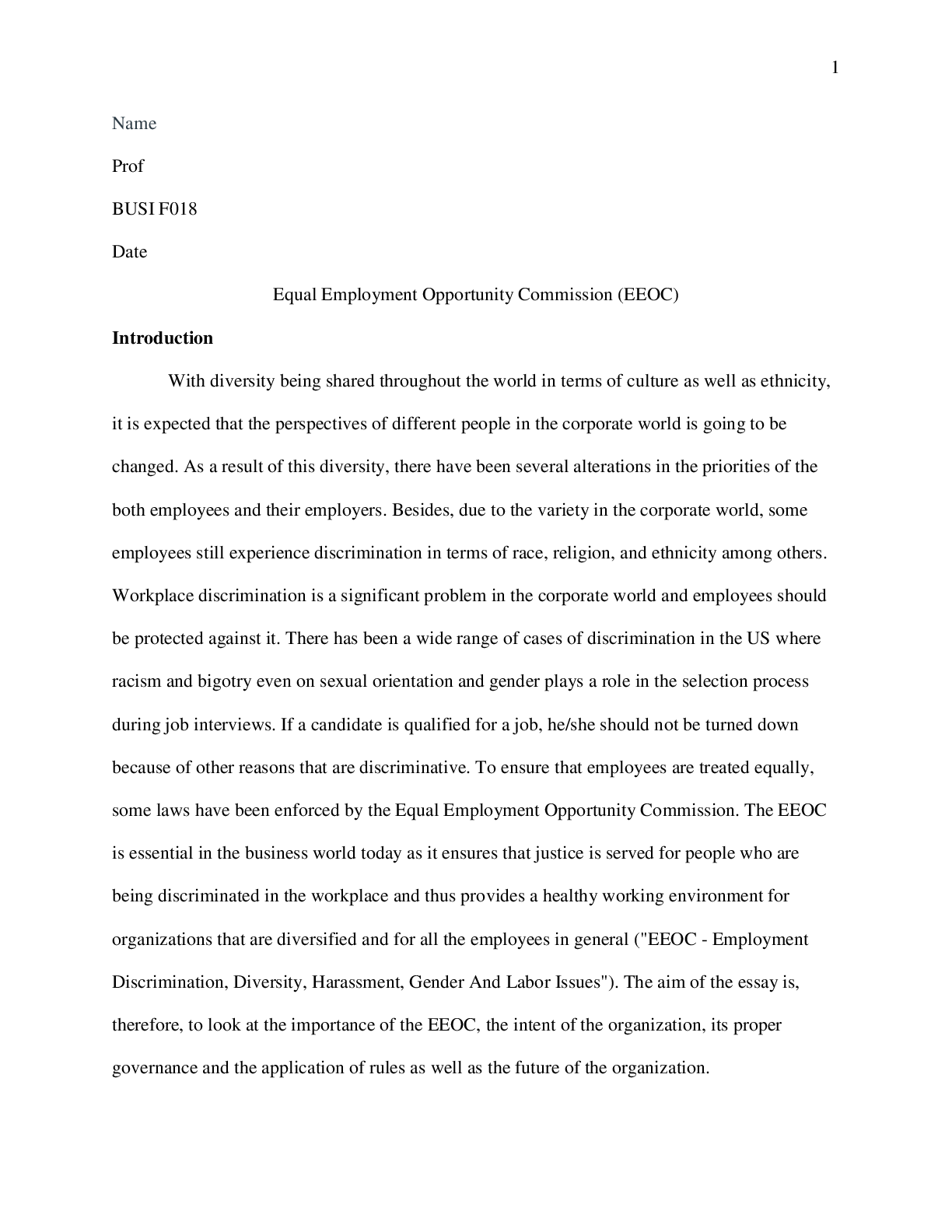
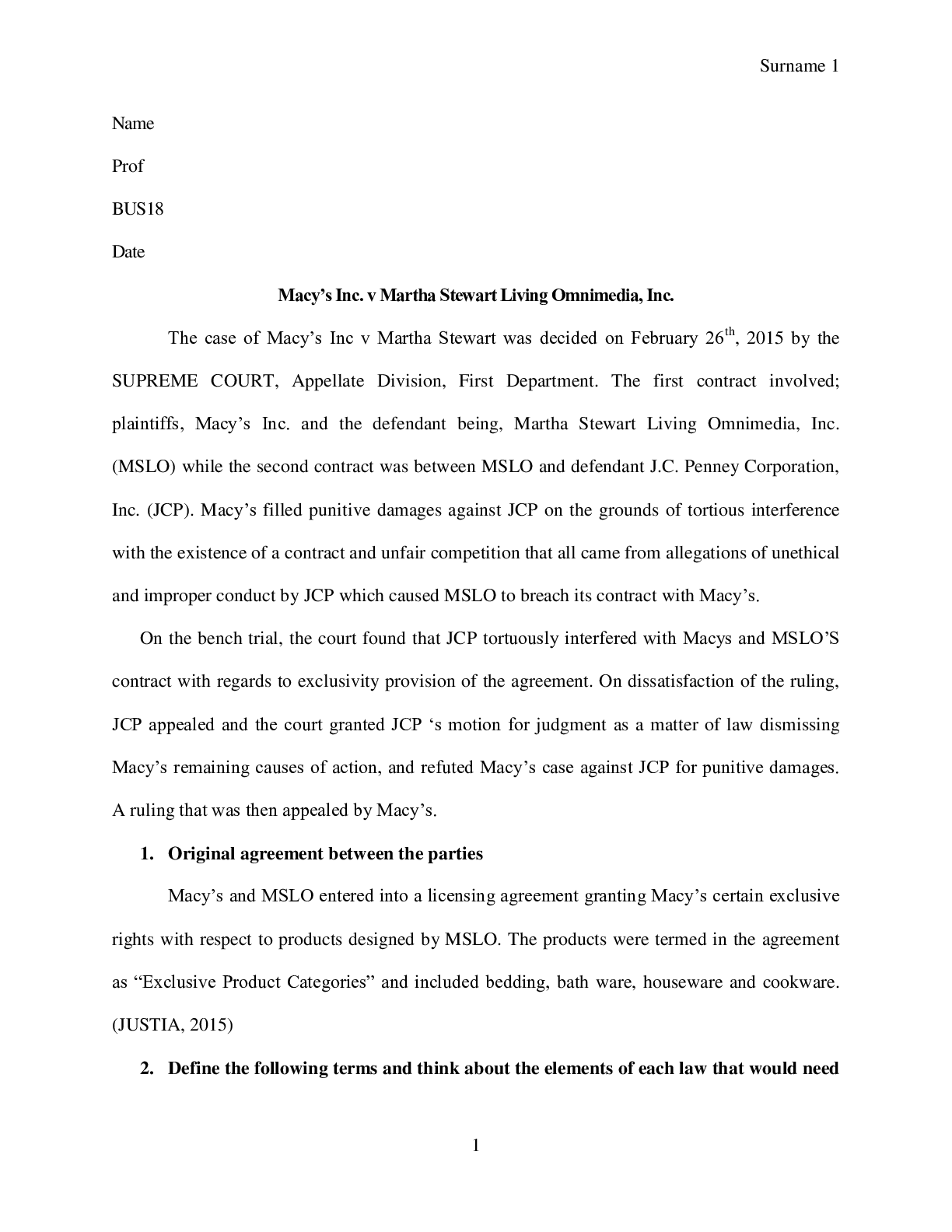

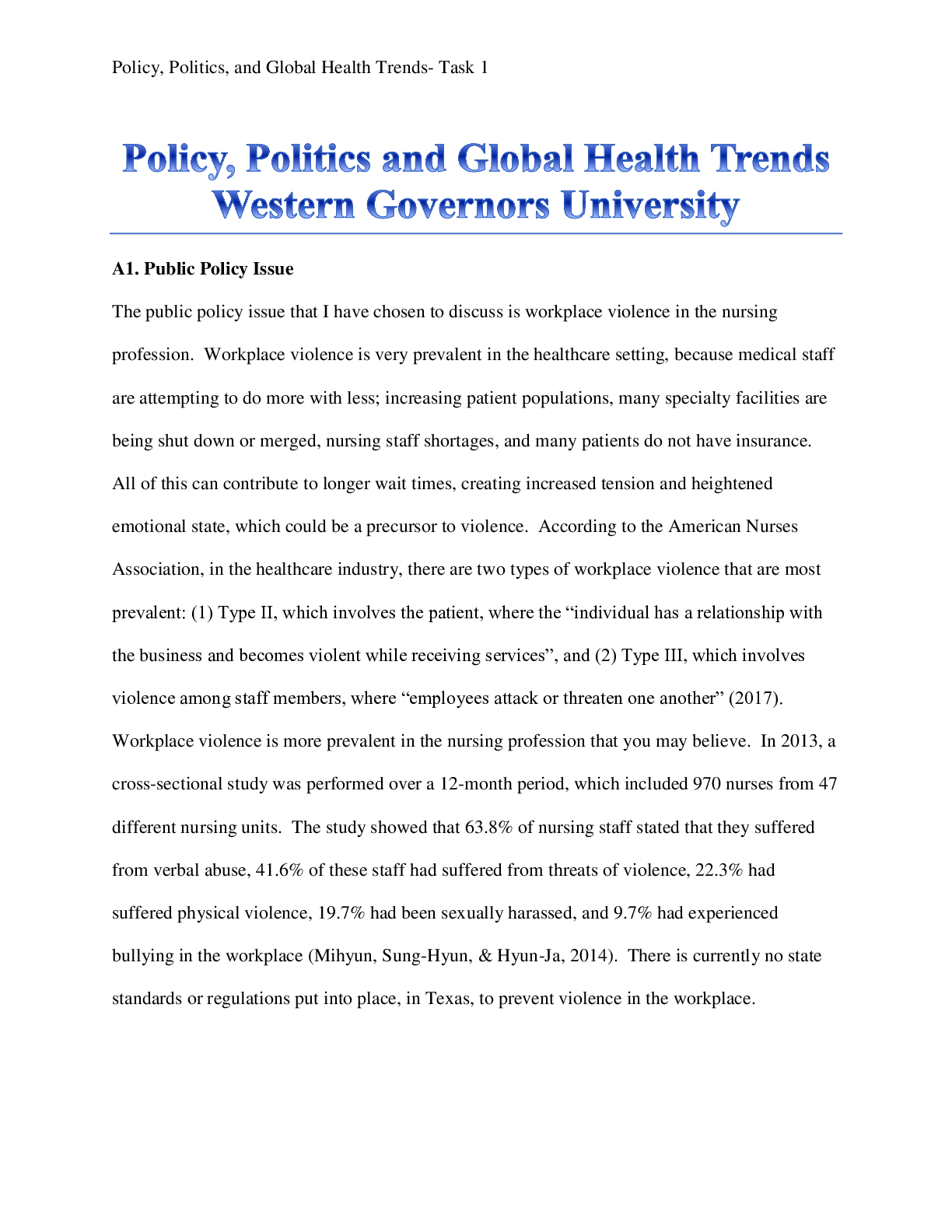
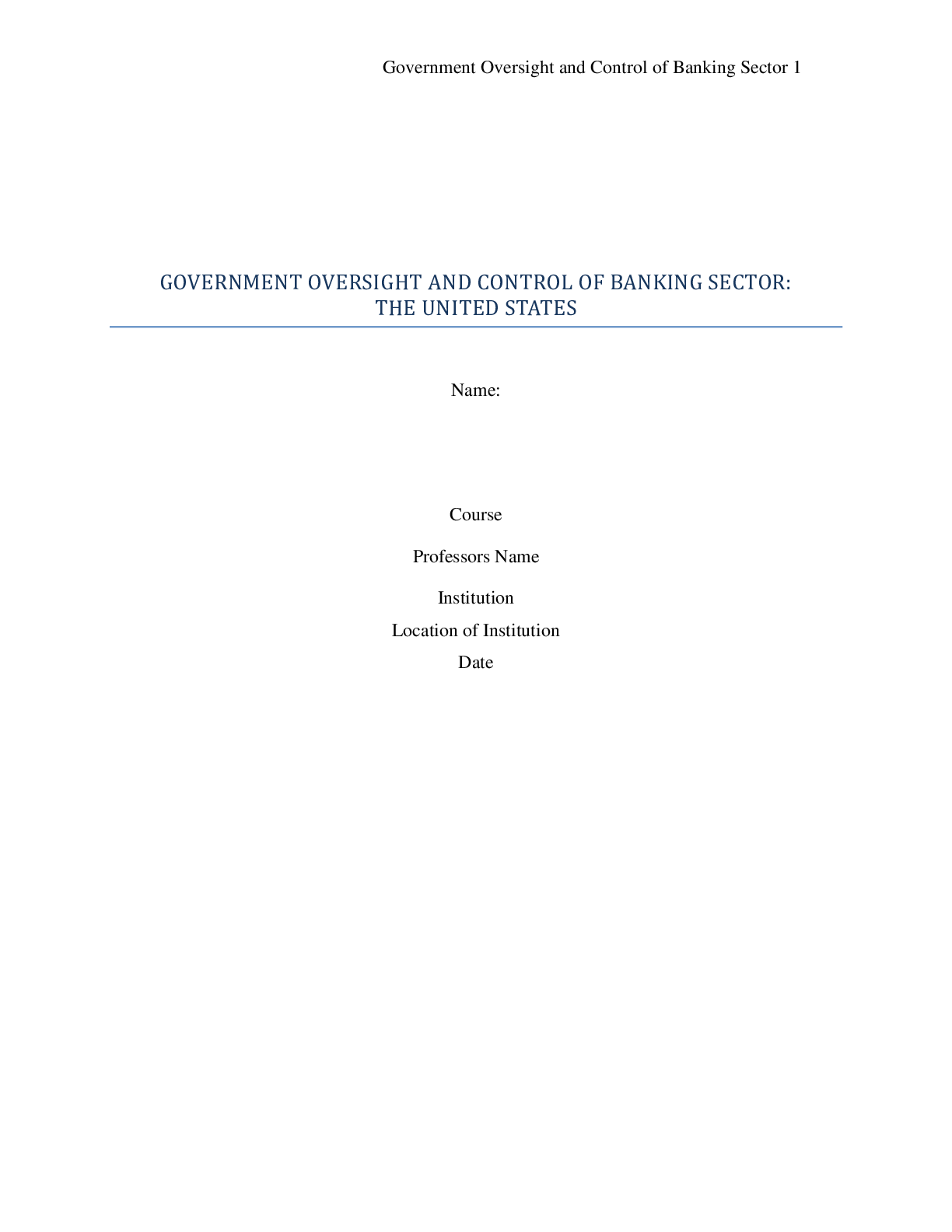
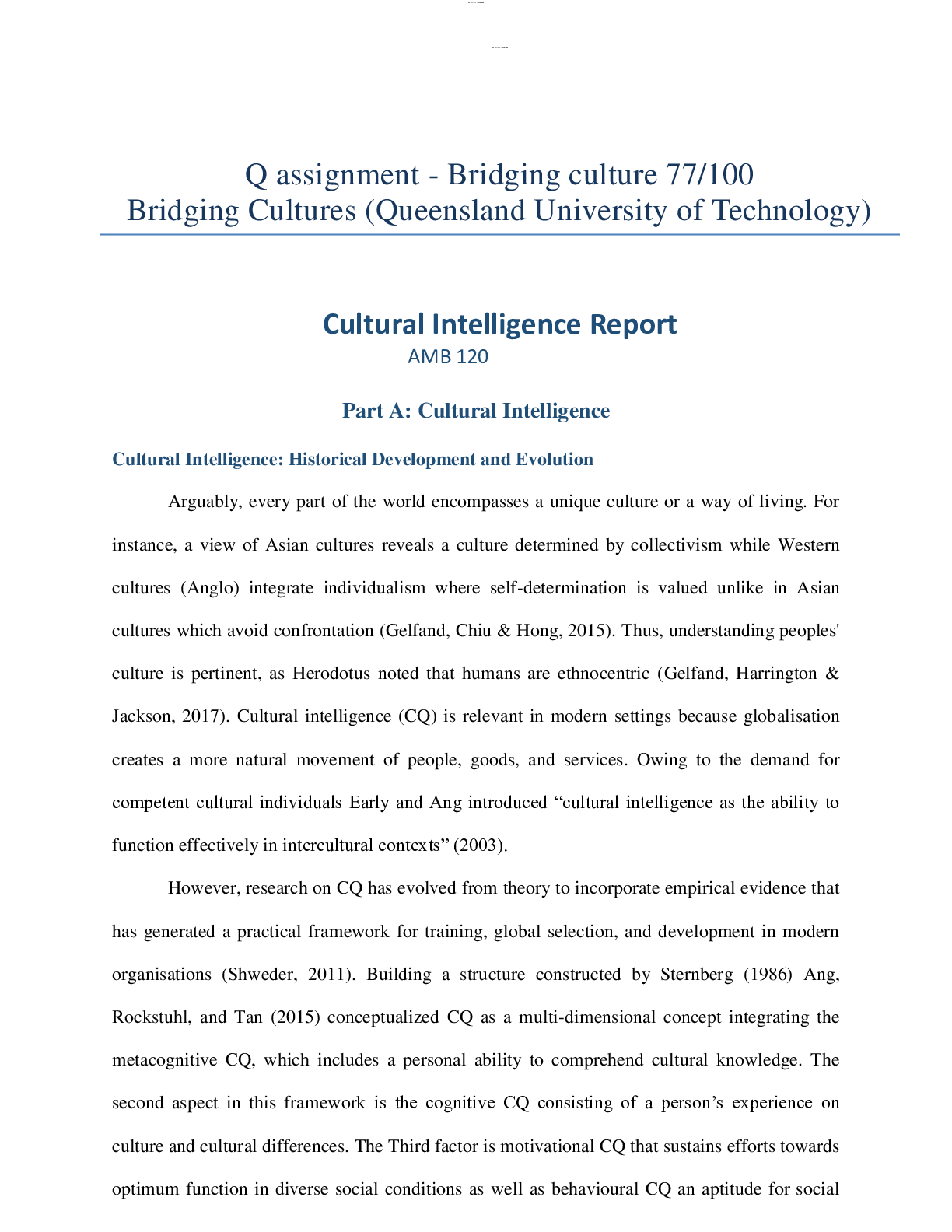
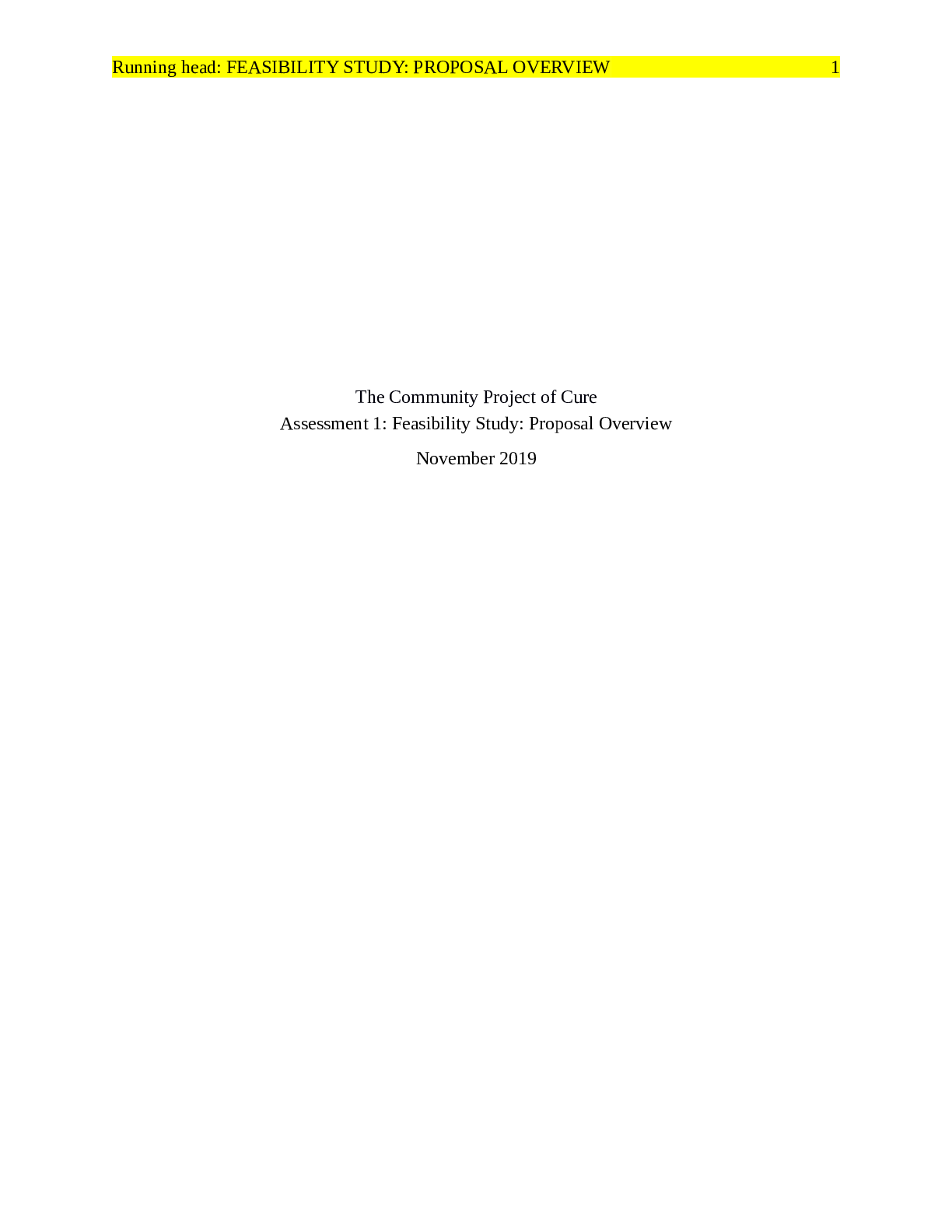
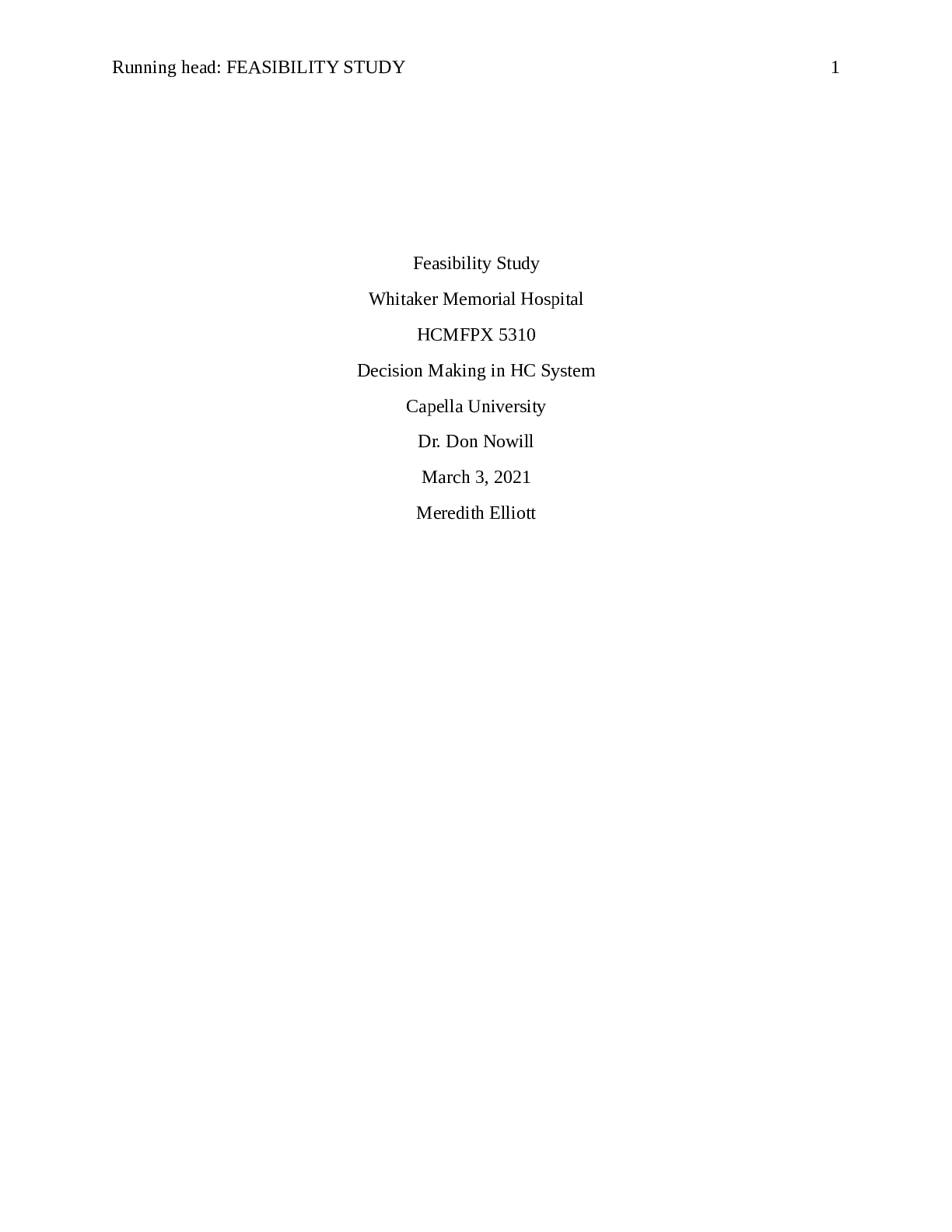
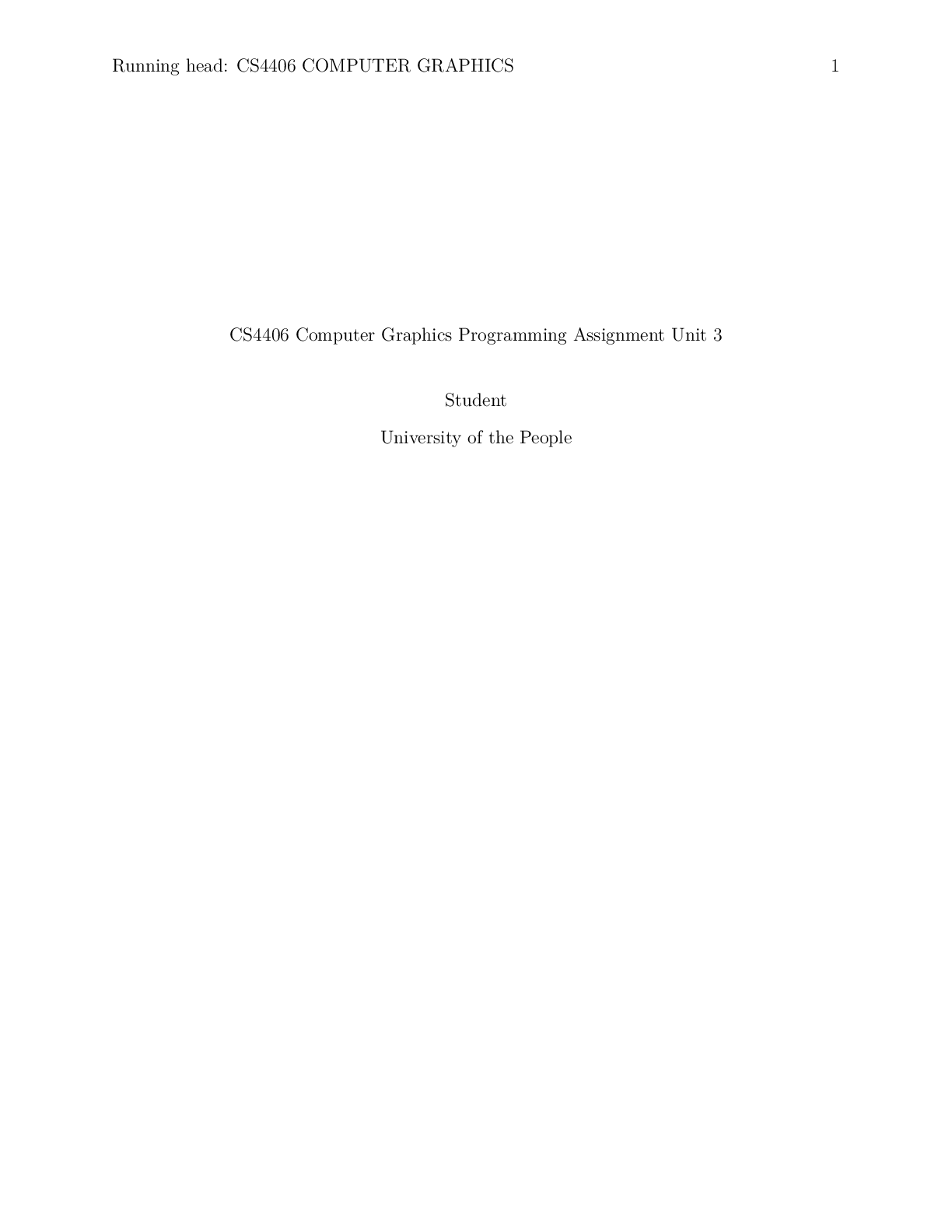

.png)

